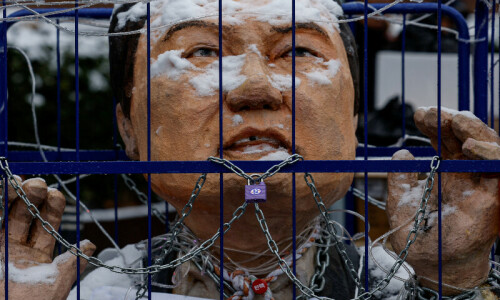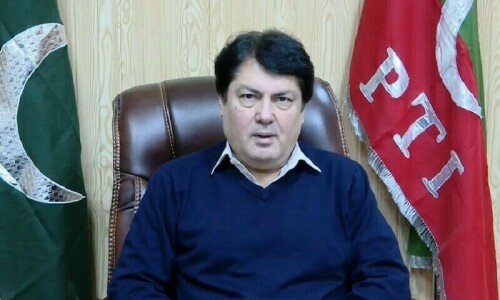
Oscar Wilde famously said that “the true mystery of the world is the visible, not the invisible.” But the mysterious — whether abstract and complex or tangible but unsolved — invokes a certain enchantment in the human mind. Likewise, there is a fascination for oddity and convolution among artists and creative writers, whether in expression or style. This has led to a host of literary movements, some of which attained the point of a near- or complete absence of any meaning accessible to the reader. Some symbolist and surrealist experiments in prose are so opaque and obscure for a common reader that even a personal interpretation of the text, let alone approachability to the writer’s thoughts and concerns, becomes impossible.
Poetry is a different genre with a separate set of demands, where even simple words or the lines in a poem are to act as symbols, metaphors, similes and allegories even if the first reading doesn’t suggest as much. But imaginative prose, which is overtly metaphorical at times, also attracts the sophisticated readership. Then there are apparently actual life stories blended with a flight of imagination — magic realism for instance — or the intertwining of the real and the abstract, which I personally feel appealing when reading fiction. However, what makes a corpus of literature in a language more inspiring and comprehensive is the availability of different themes and styles and a range from the most obvious to the most indiscernible.
It is still embarrassing to see how little we have produced in long fiction, on the basis of both quantity and quality, in a language spoken or understood by hundreds of millions of people. Some new novels with considerable merit continue to appear, but the collective impact of the Urdu novel, where it can be compared to other major languages, is yet to be achieved — even after having the works of Qurratulain Hyder, Abdullah Hussein, Aziz Ahmed, Ikramullah, Shamsur Rehman Faruqi and Mirza Athar Baig available to us. However, we can boast a strong and consistent tradition of Urdu short fiction for the last 80 to 100 years. The modernists and the realists of various hues have remarkably enriched the body of Urdu short fiction, making it the most significant and successful creative genre in our prose. Both in Pakistan and India, and among the South Asian writers in diaspora, we find the Urdu short story evolving further. Then there is someone like the French writer in Urdu, Julien Columeau, who writes both long and short fiction but his short stories have a definite quality.
Two recent collections of Urdu short stories that make the obvious most mysterious are Bhedi [Insider] and Jahaan Ander Jahaan [A World Within a World] by Dr Khalid Aftab, an economist and academic-turned-fiction writer. He was the last principal of Government College, Lahore, and retired some years ago as the first vice chancellor of the Government College University after the same college was upgraded. Aftab has this ability to tell stories in such a way that, after you finish reading them, you feel the narrative is so obvious, so visible and so much around you. I call this talent rare because the directness of expression and simplicity of emotion is neither easily found among writers nor can be intentionally cultivated. He narrates stories of individuals and families, women and men, young and old. He mentions different places to which his characters belong or where they live, but the primary locale he cherishes is Lahore. He brings life to various neighbourhoods of the city not by their monuments, but through people who inhabit these streets and quarters. But on a second reading, one can appreciate that these characters could belong to any South Asian city, community or family.
Aftab’s understanding of the intricacies of social behaviour, played out through multiple types of personal relationships — selfless or transactional — comes from a keen observation of the human condition. The dreams and desires of an individual are never lost in the collective haze of familial or communal experience. There is also a subtle comment on how changes in our political landscape impact ordinary lives.
The writer is a poet and essayist based in Islamabad
Published in Dawn, Books & Authors, October 28th, 2018
Download the new Dawn mobile app here:














































Dear visitor, the comments section is undergoing an overhaul and will return soon.